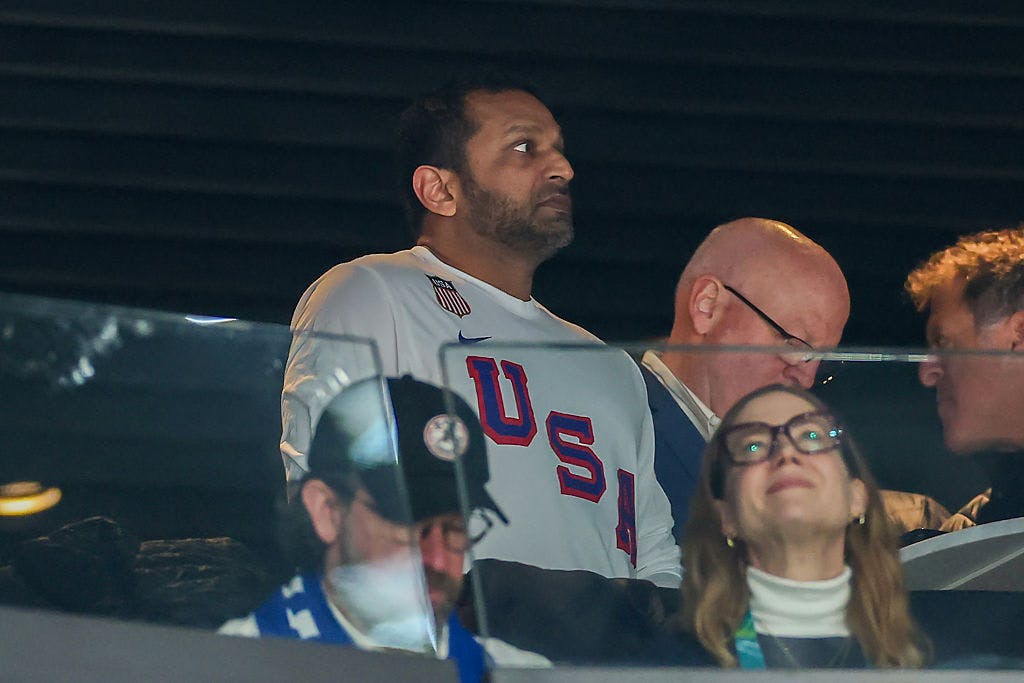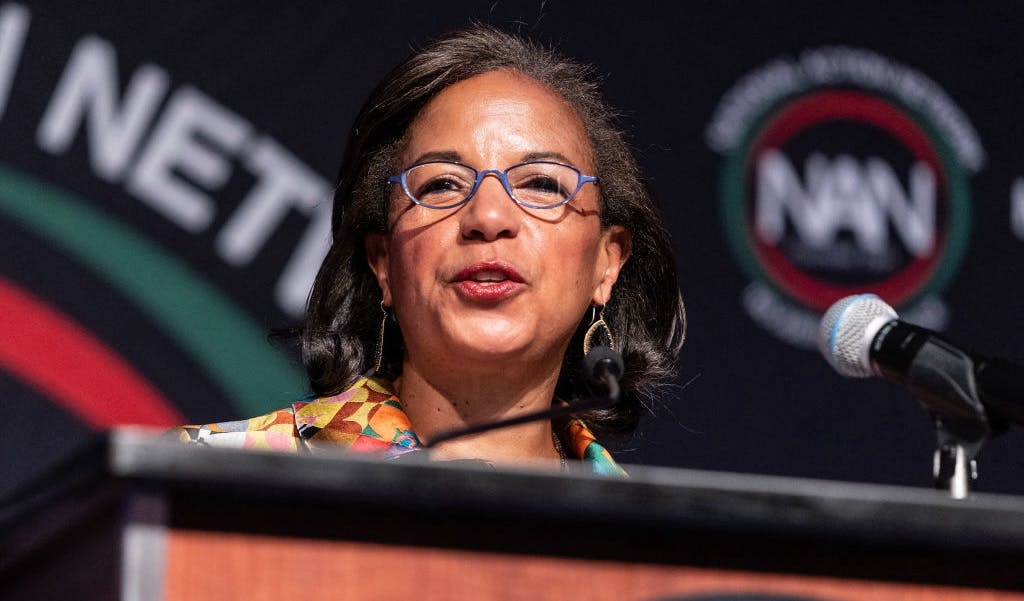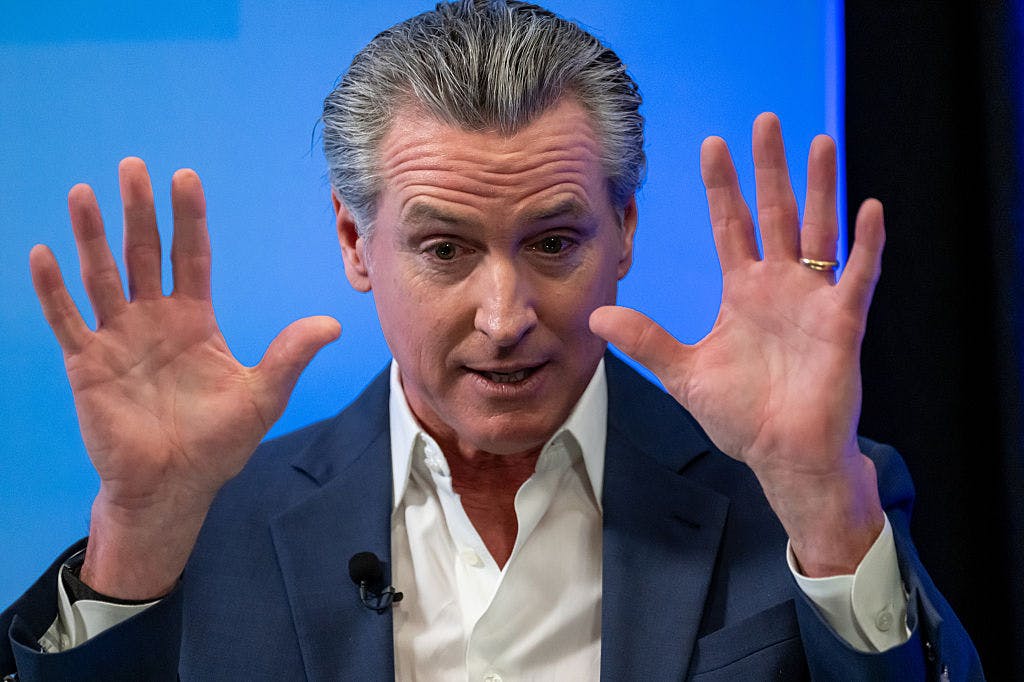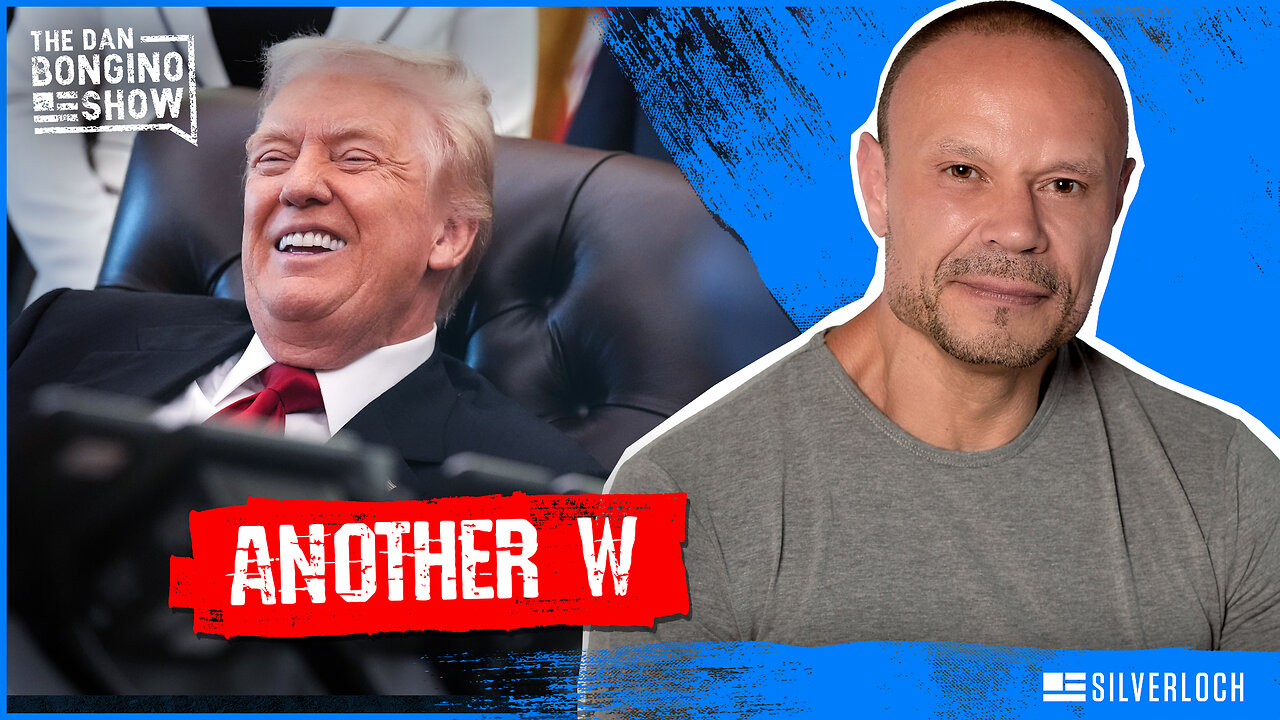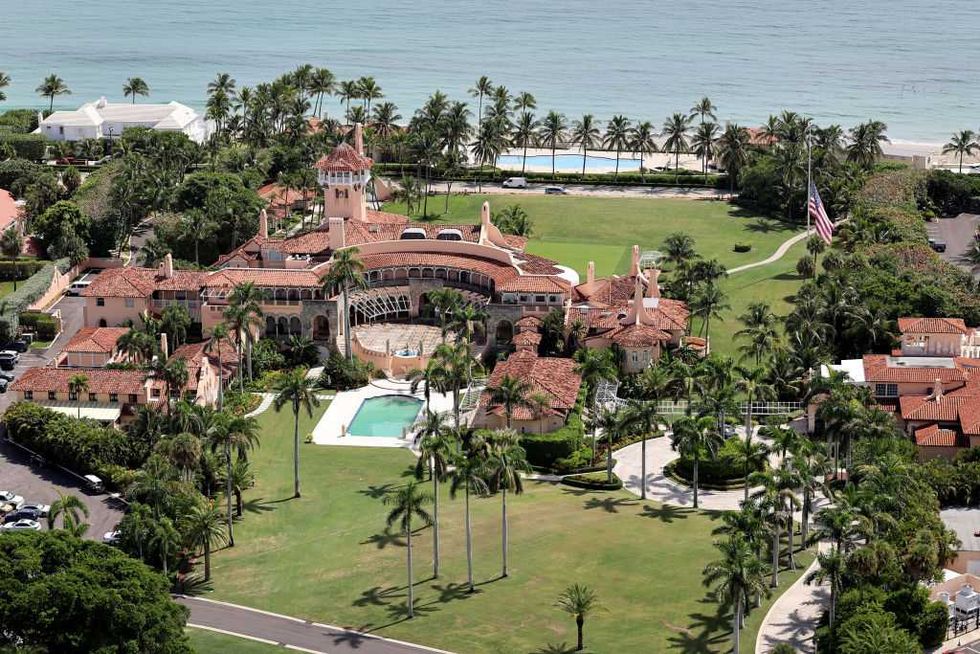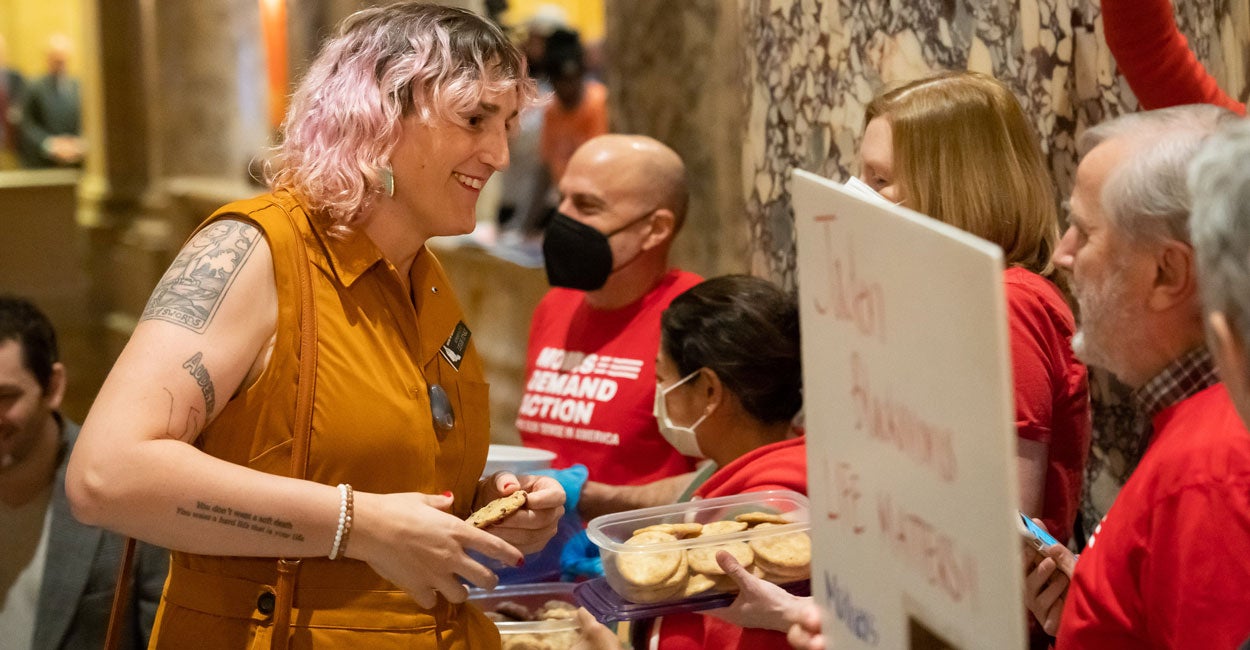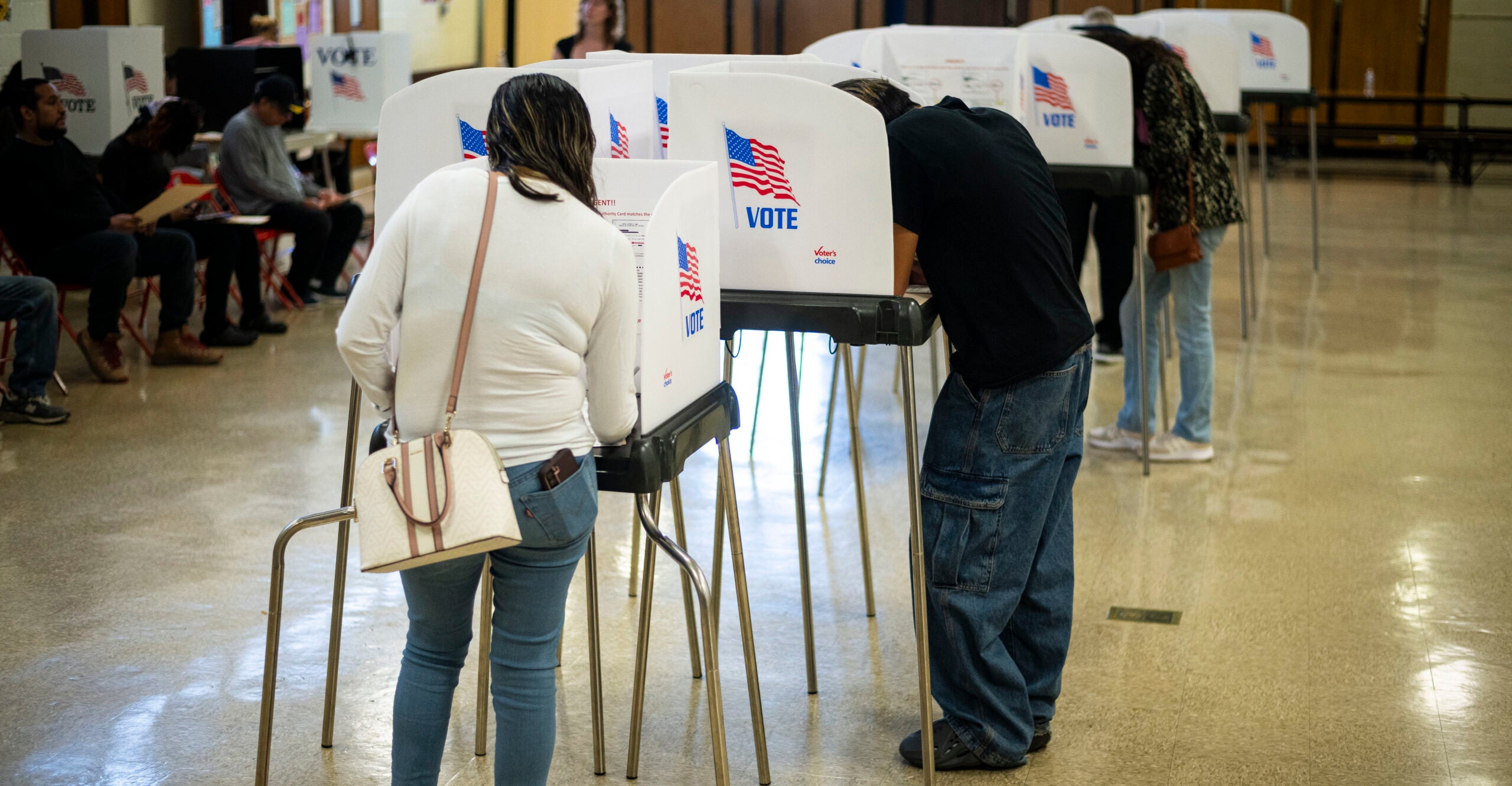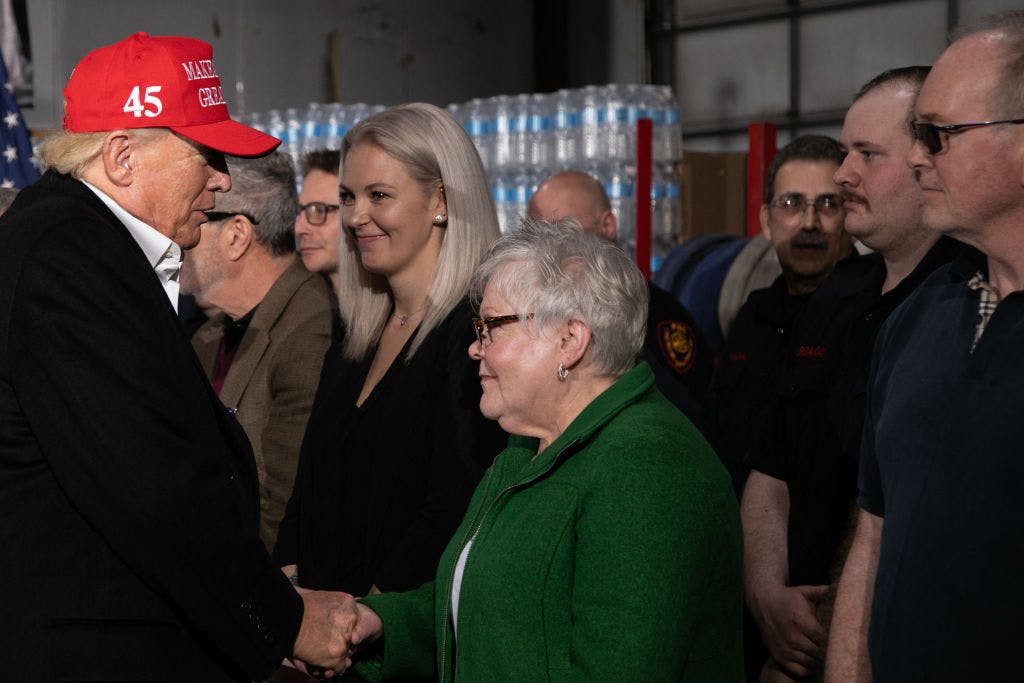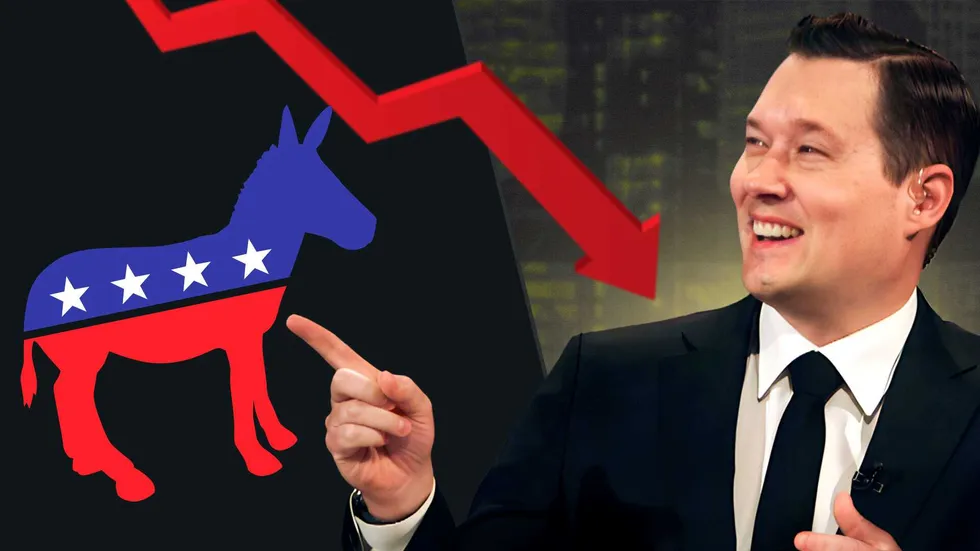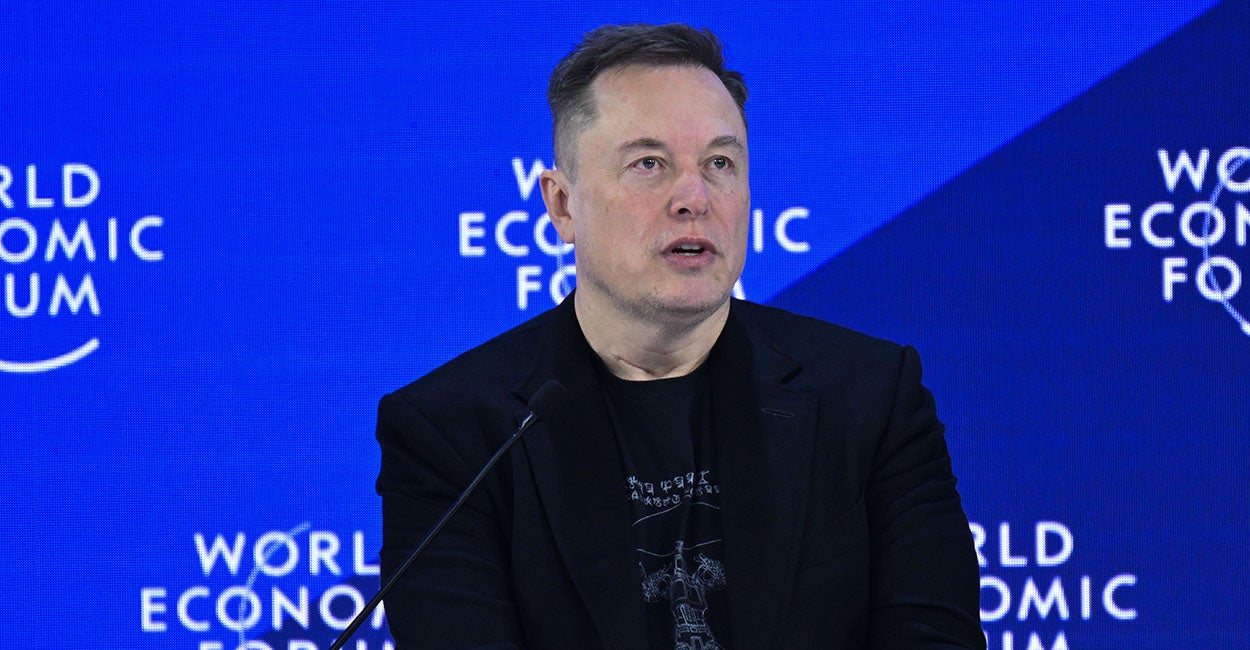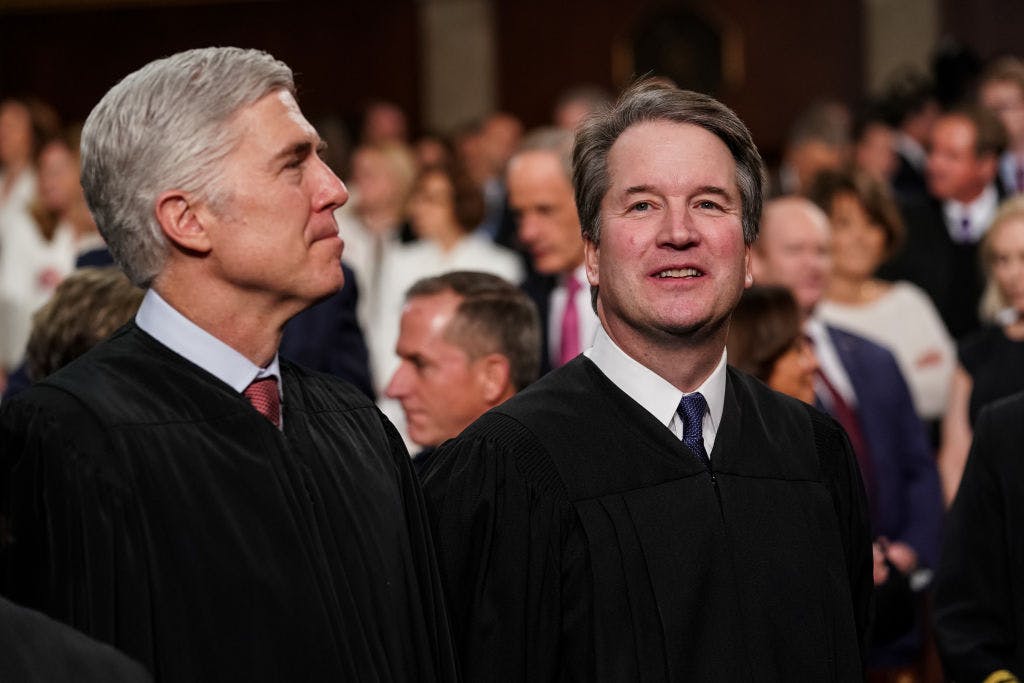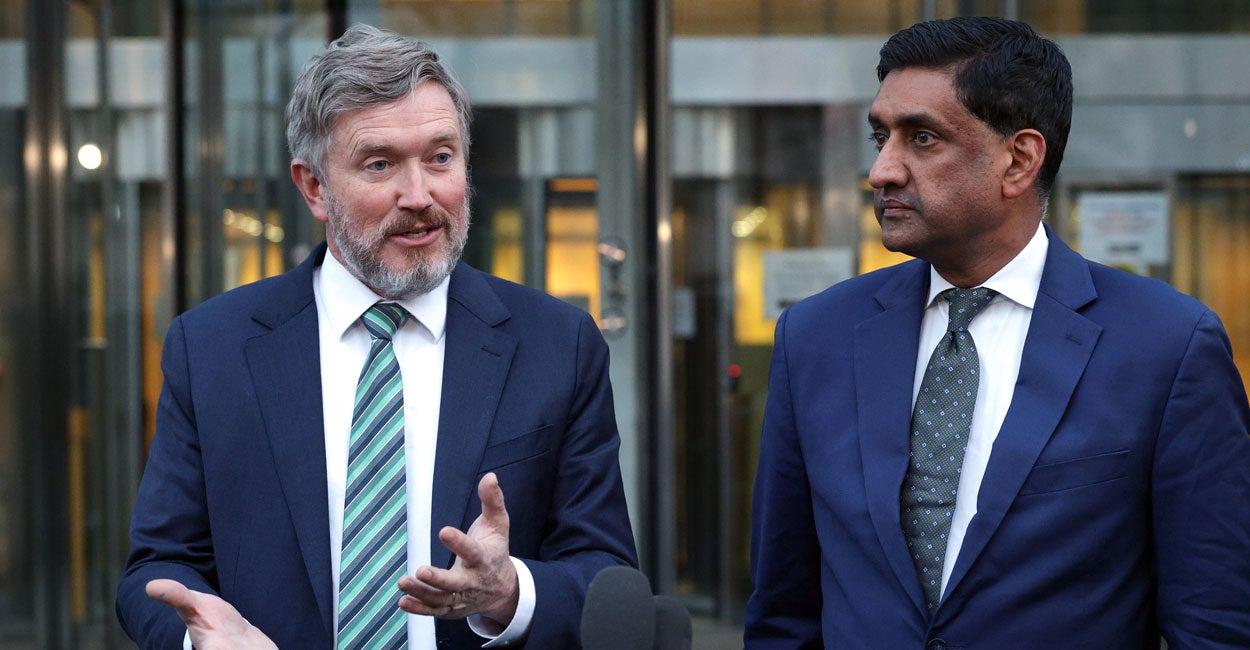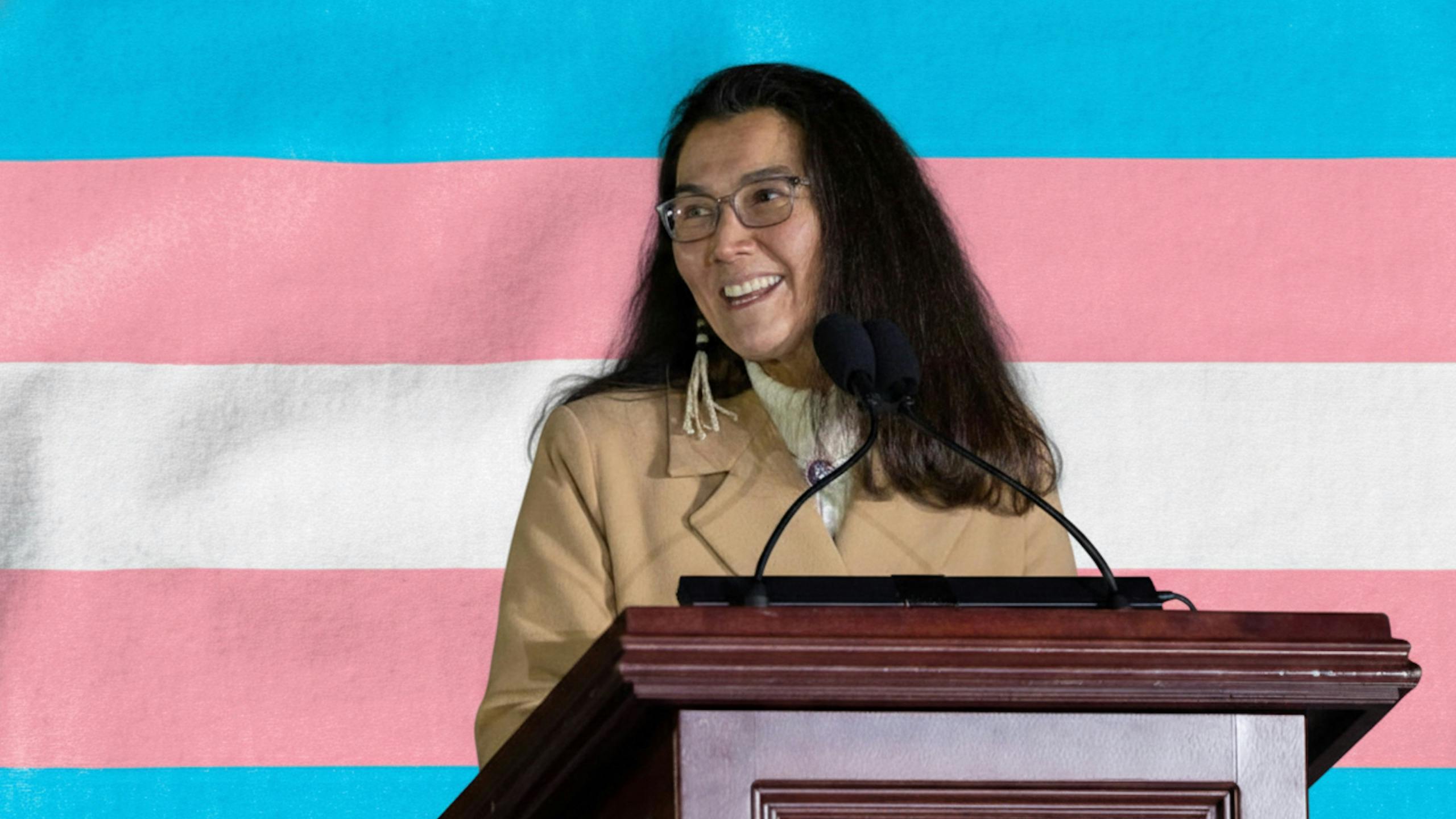Treasury Secretary Bessent Tells Miranda Divine Why Soros Funds Rogue Prosecutors, Sort Of
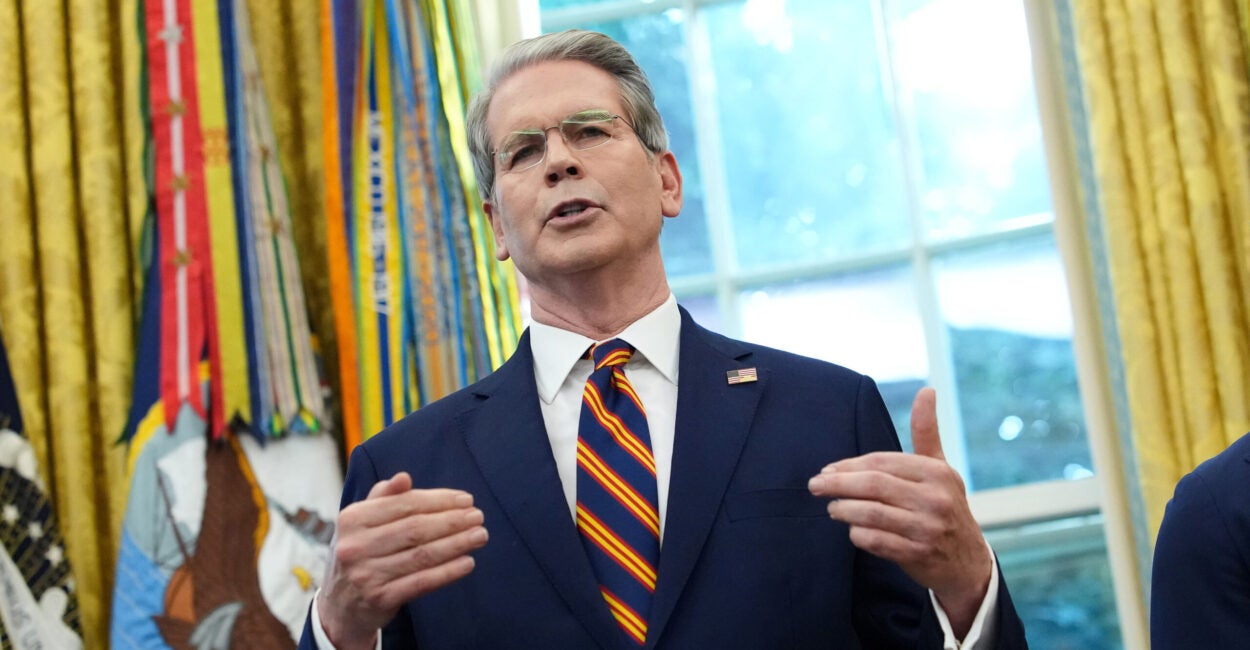
If no one supports crime, why do activists fund candidates for office who, once elected, implement policies that enable it? If anyone would know the answer, it should be Treasury Secretary Scott Bessent, who, earlier in his impressive career, worked closely with George Soros, the notorious funder of the rogue prosecutor movement.
Live Your Best Retirement
Fun • Funds • Fitness • Freedom
Over the past few weeks, the nation’s eyes turned in horror to Charlotte, North Carolina, where Iryna Zarutska, a Ukrainian refugee, was fatally stabbed while riding a commuter train. Zarutska’s killer, Decarlos Brown, had suffered from mental health problems and claimed that he stabbed her “because she was reading my mind.”
Many have pointed to Brown, who has had more than a dozen interactions with the state’s criminal justice system, as a stark example of the failure of soft-on-crime policies.
For example, Chris Swecker, former chair of the North Carolina governor’s crime commission, told Fox News that Charlotte’s “no-cash bail, decriminalized drug crimes, and talk of defunding the police” have “conspired to drive crime rates up.” Yet, he added, progressive activists “don’t draw the connection” between their “pro-crime and anti-victim” policies and attacks like Zarutska’s stabbing.
Fortunately, normal people see a direct correlation.
Swecker’s argument illuminates a troubling dilemma concerning soft-on-crime reformers. On the one hand, empirical research has repeatedly shown that “progressive” measures such as eliminating cash bail and not prosecuting misdemeanors directly correlate with increased criminal activity. On the other hand, surely no one is truly “pro-crime” (as if illegal activity were, by itself, desirable).
How, then, did we get here? What continues to motivate decriminalization and decarceration activists and donors?
In June, these questions were raised in an unexpected arena when Trump Treasury Secretary Scott Bessent sat down for Miranda Devine’s new podcast. About halfway through the episode, the discussion turned to Hungarian-American billionaire George Soros.
After Bessent observed that Soros has repeatedly bankrolled soft-on-crime prosecutors, Devine asked the million-dollar question: why?
“Why the district attorneys? Why does he want to do that?” she asked. “That’s been hugely destructive to the country and law and order, so why would he want that chaos?”
Heritage has been asking that same question for years.
One of us (Stimson) co-wrote an entire book on the Soros rogue prosecutor movement but could never fully answer that question.
Since 2015, Soros has poured tens of millions of dollars into district attorney races nationwide, positioning himself as a prosecutorial kingmaker in electoral contests that otherwise see comparatively little funding or media attention.
In one Arlington, Virginia race in 2019, Soros’s support constituted 78% of his candidate’s war chest, independently eclipsing the entire election budget of the incumbent.
Soros’s donations rapidly bore fruit; he successfully planted dozens of rogue prosecutors in the nation’s largest cities, including George Gascon in Los Angeles, Kim Foxx in Chicago, and Larry Krasner in Philadelphia. His candidates, once elected, have exercised de facto vetoes on states’ legislative power by simply choosing not to prosecute entire categories of crimes.
You can read more about these rogue prosecutors here.
In July 2022, Soros wrote an op-ed explaining the value he saw in hijacking DA elections. But the piece raises more questions than it answers: Soros asserts that the rogue prosecutor movement is based on “common sense” (as if rejecting the concept of deterrence were self-explanatory) and “evidence” (which he does not cite).
The drumbeat of the article is about “restoring trust between the police and the policed,” yet Soros never satisfyingly explains how not prosecuting criminals could engender public trust in the criminal justice system.
This brings us back to the Bessent–Devine conversation. How might Bessent, the Trump-appointed Treasury Secretary, have insights about Soros, whom Devine correctly introduced as the “bête noire” of the MAGA movement?
As it turns out, Bessent and Soros go way back. CBS News, Politico, and Forbes have each described Bessent as an erstwhile “protégé” of Soros. Perhaps surprisingly, Bessent worked for the infamous Soros Fund Management, leading its London office and the team that made a billion dollars shorting the British pound.
You can imagine, then, that when Devine asked Bessent about the causes of Soros’s radicalization, our ears pricked up. But despite being a man who has known Soros for decades, and a person who is extremely talented, Bessent’s answer was far from satisfying.
“I don’t know what happened,” he said. “I’ve never been able to figure it out. The country has been great to him.”
Devine pressed him, asking, “Why the district attorneys?” But Bessent again had no direct response, instead confirming what we already know: “George is very good at figuring out systems,” and he realized that DA races are relatively “cheap” and “easy” to win. That’s true, but we knew that.
Our conclusion? Bessent doesn’t know why. Perhaps nobody knows why, except Soros.
Bessent could only offer that Soros holds a “very different vision” for America than conservatives do. Beyond this palpably obvious observation, the billionaire’s motivations remain a mystery.
What is clear from Bessent’s conversation with Devine is that he too realizes that the Soros rogue prosecutor experiment has been an abject failure. In every city where a Soros rogue prosecutor has been elected, crime rates have exploded across most categories.
Progressives in large cities, who were first intrigued by the dulcet platitudes of Soros candidates, voted for these radical wolves in sheep’s clothing, only to find out later that public safety in their cities tanked, murders skyrocketed, stores were ransacked, and victims piled up because of soft-on-crime policies.
In time, these same progressives put their natural desire for public safety over platitudes and voted some of those rogue prosecutors out of office, including Chesa Boudin in San Francisco, George Gascon in Los Angeles, and Marilyn Mosby in Baltimore.
We may never know why Soros decided to fund rogue prosecutors. But we do know the results of this unmitigated disaster of a social experiment on American cities. The body count tells the tale.
The post Treasury Secretary Bessent Tells Miranda Divine Why Soros Funds Rogue Prosecutors, Sort Of appeared first on The Daily Signal.
Originally Published at Daily Wire, Daily Signal, or The Blaze
What's Your Reaction?
 Like
0
Like
0
 Dislike
0
Dislike
0
 Love
0
Love
0
 Funny
0
Funny
0
 Angry
0
Angry
0
 Sad
0
Sad
0
 Wow
0
Wow
0

